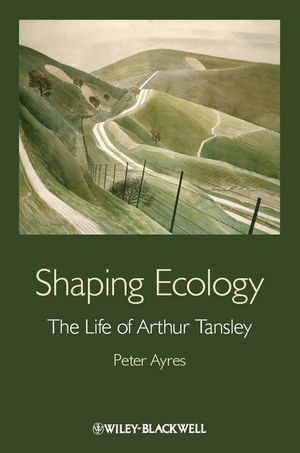

Most ebook files are in PDF format, so you can easily read them using various software such as Foxit Reader or directly on the Google Chrome browser.
Some ebook files are released by publishers in other formats such as .awz, .mobi, .epub, .fb2, etc. You may need to install specific software to read these formats on mobile/PC, such as Calibre.
Please read the tutorial at this link: https://ebookbell.com/faq
We offer FREE conversion to the popular formats you request; however, this may take some time. Therefore, right after payment, please email us, and we will try to provide the service as quickly as possible.
For some exceptional file formats or broken links (if any), please refrain from opening any disputes. Instead, email us first, and we will try to assist within a maximum of 6 hours.
EbookBell Team

0.0
0 reviewsEcology underpins the principles and practices of modern conservation and the maintenance of biodiversity. It explains the causes of, and offers solutions to, problems of climate change. Yet ecology is a young science, barely 100 years old. Its origins lie in phytogeography, the naming and mapping of plants.
Shaping Ecology is a book about a multi-faceted man whose friends included Bertrand Russell, Marie Stopes, Julian Huxley, GM Trevelyan, and Solly Zuckerman. Historical context is provided by Tansley's family for his parents moved in the Fabian-socialist world of John Ruskin and Octavia Hill, both instrumental in the foundation of the National Trust. While Britain was relatively slow to protect its green spaces and wildlife, it did establish in 1913 the first professional Ecological Society in the world. Tansley was its President. Organising the British Vegetation Committee and initiating a series of International Phytogeographic Excursions, he changed phytogeography into ecology.Content:
Chapter 1 Kingley Vale: Worth Fighting For (pages 1–14):
Chapter 2 The Origins of Ecology (pages 15–19):
Chapter 3 George Tansley, Christian Socialism, and the Working Men's College (pages 20–37):
Chapter 4 Highgate School, University College, London, and Trinity College, Cambridge (pages 38–47):
Chapter 5 Teaching at University College, the Chicks, and Marriage to Edith (pages 48–59):
Chapter 6 Seashores and Woodlands: Looking for Patterns (pages 60–79):
Chapter 7 The Managing Director of British Ecology (pages 80–100):
Chapter 8 Disillusion and Disaffection (pages 101–121):
Chapter 9 The Oxford Years, 1927–1937 (pages 122–143):
Chapter 10 The Magnum Opus, Grantchester, and Retirement (pages 144–154):
Chapter 11 The Years of Fulfilment, 1937–1953 (pages 155–178):
Chapter 12 A Detached Liberal Philosopher and Free?Thinker (pages 179–197):